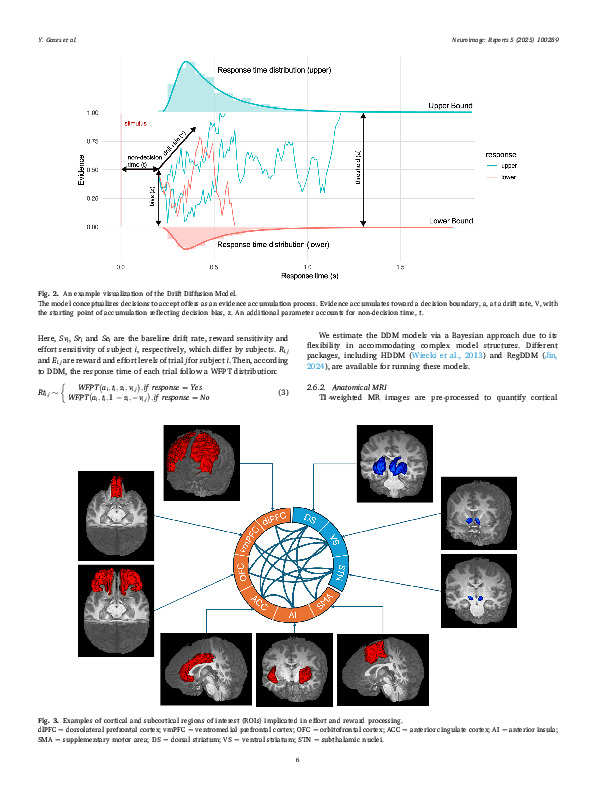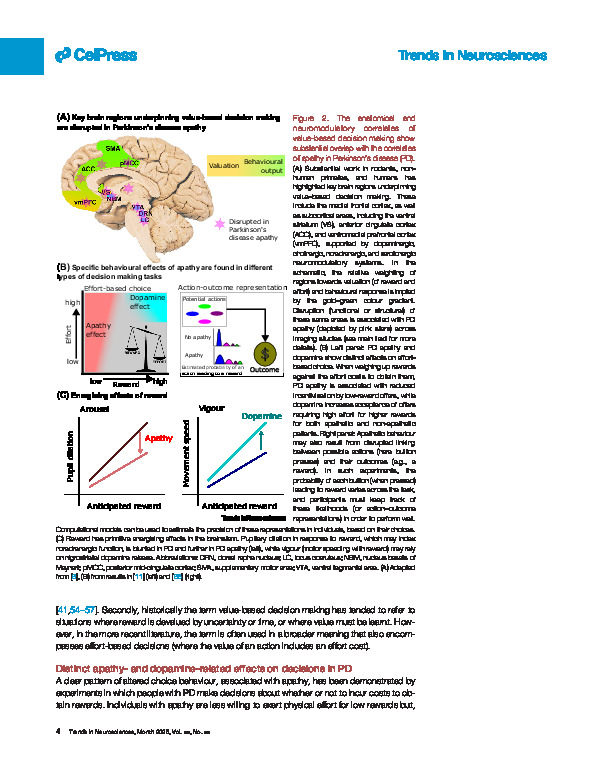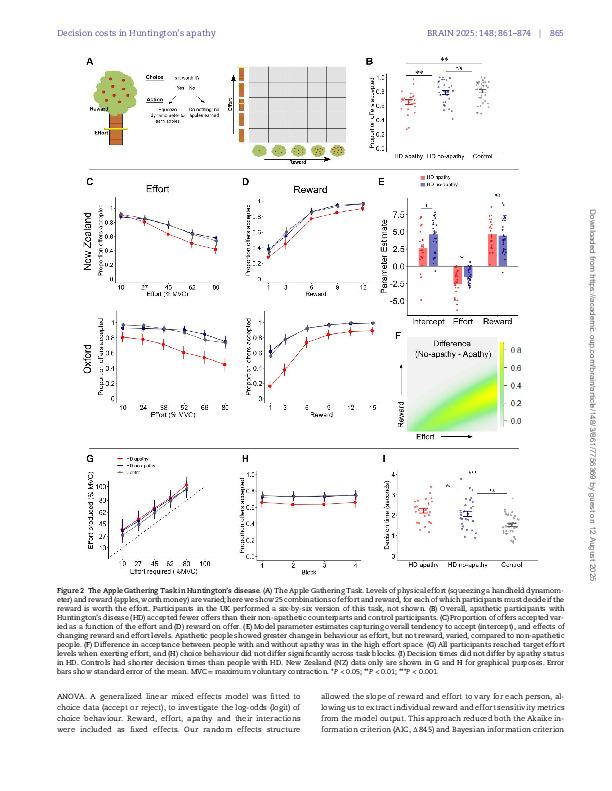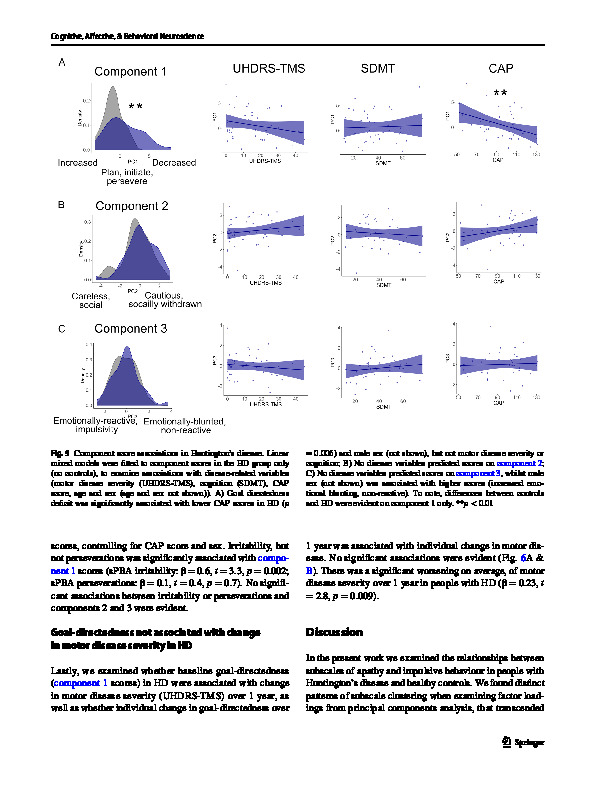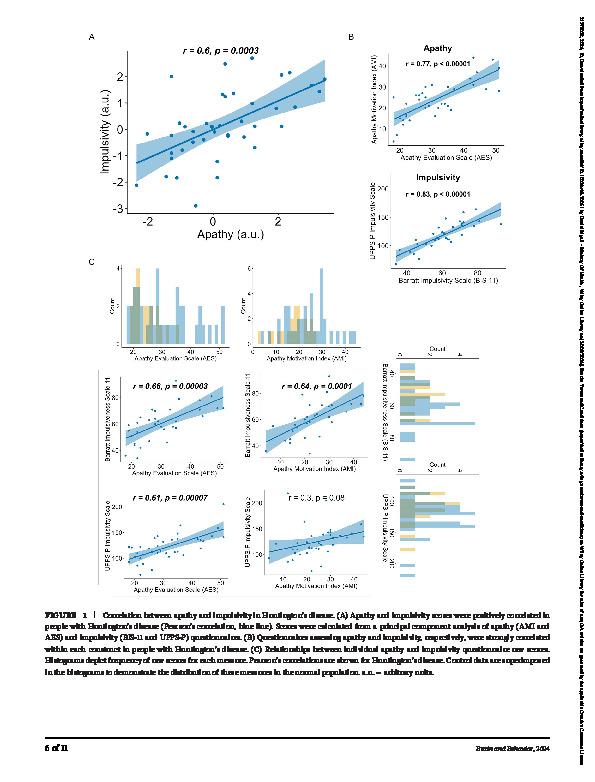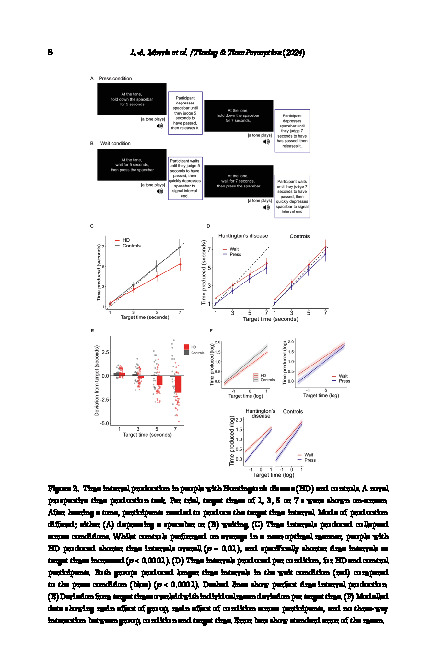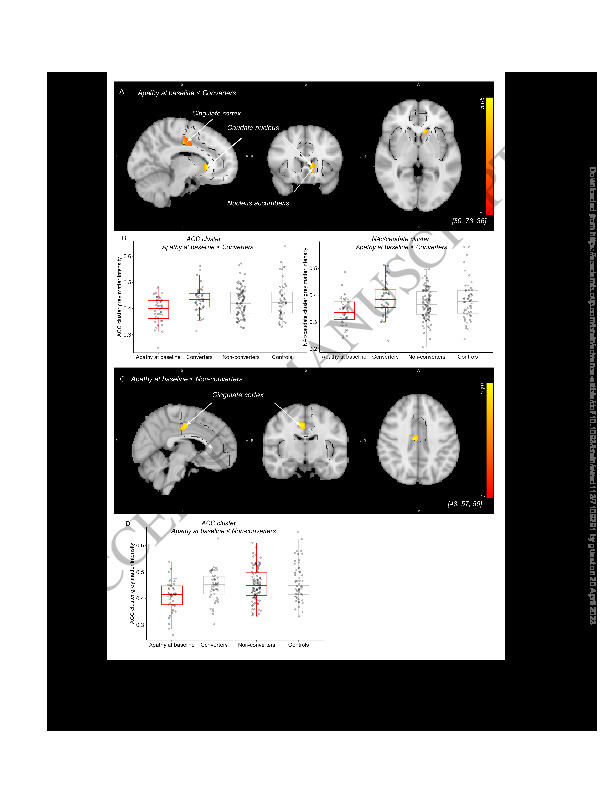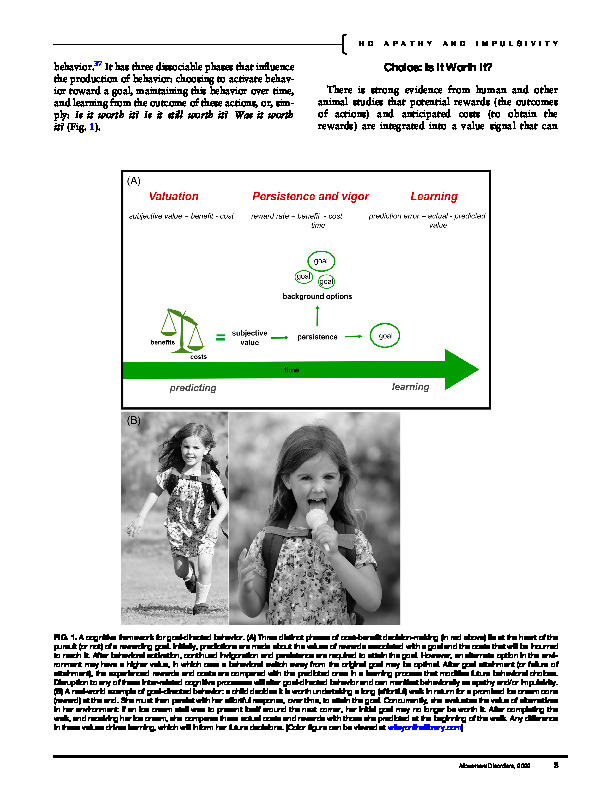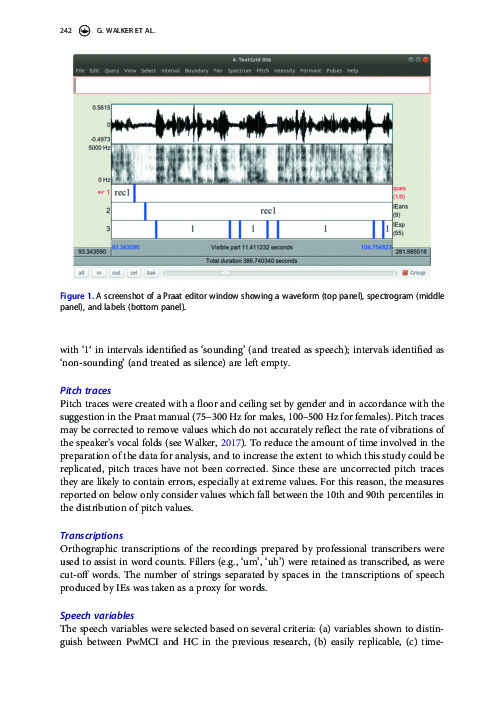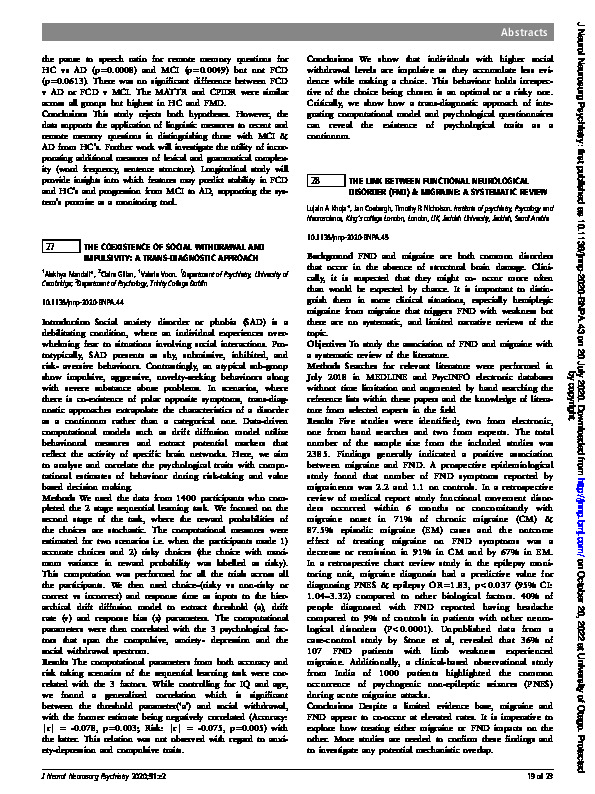Dr Lee-Anne Morris

BSLHT, MSc, PhD
Post-doctoral Research Fellow
New Zealand Brain Research Institute, Christchurch
Post-doctoral Research Fellow
Department of Medicine, University of Otago, Christchurch
I am a Cognitive Neuroscientist and Speech-Language Therapist with a keen interest in cognitive and behavioural disturbances in the setting of neurological disease. My research has focused on understanding the mechanisms that underlie apathy and impulsivity – disorders of motivation with debilitating consequences – in Huntington’s disease and Parkinson’s disease.
I design and use experimental behavioural paradigms to investigate a broad range of cognitive processes including effort-based decision making, delay discounting, time perception, and more, as well as the influence of environmental context on choice behaviour. I use drift diffusion modeling as a technique to uncover latent cognitive processes in choice data. I also use neuroimaging techniques (including fMRI, diffusion imaging) to investigate the neural underpinnings of apathy. I take a hypothesis-driven approach, informed by human and animal neuroscience, to examine specifically the brain regions involved in the expression of goal-directed behavior.
I have extensive clinical experience in cognitive and behavioral disturbances, having worked in an adult neurorehabilitation hospital for 8 years as a Speech-Language Therapist, in South Africa. In this setting I developed a keen interest in motivational disturbances, and in particular, understanding the brain mechanisms underlying apathy and impulsivity.
Affiliations:
· Department of Medicine, University of Otago, Christchurch
· New Zealand Brain Research Institute, Christchurch
· Department of Neurology, Baylor College of Medicine, Houston
Scholarships and Grants:
· 2021 – University of Otago Doctoral Scholarship
Publications
Provided on request for non-commercial personal use by researchers.
2025
Gazes, Y., Suzuki, H., Morris, L.A., Lee, S., Jin, Z., Huey, E.D., Chen, B.B., Le Heron, C., Heibronner, S.R. and Vanegas-Arroyave, N. (2025). A transdiagnostic, multi-modal approach to understanding apathy: Methodological and analytical framework. NeuroImage: Reports,
5(4), .
10.1016/j.ynirp.2025.100289
Le Heron, C., Morris, L. A., Manohar, S. (2025). Understanding disrupted motivation in Parkinson’s disease through a value-based decision-making lens. Trends in Neurosciences.
10.1016/j.tins.2025.02.008
Morris, L. A., Horne, K. L., Manohar, S., Paermentier, L., Buchanan, C., MacAskill, M., Myall, D., Apps, M., Roxburgh, R., Anderson, T., Husain, M., Le Heron, C. (2025). Decision cost hypersensitivity underlies Huntington’s disease apathy. Brain,
148:3, .
10.1093/brain/awae296
Morris, L.A., Horne, K.L., Paermentier, L., Buchanan, C., Myall, D., Manohar, S., Apps, M., Roxburgh, R., Anderson, T., Husain, M. and Le Heron, C. (2025). Decision context and neurobehavioural disturbance in Huntington’s disease. Cognitive, Affective & Behavioral Neuroscience, .
10.3758/s13415-025-01359-0
Morris, L.A., Manohar, S., Horne, K.L., Paermentier, L., Buchanan, C.M., MacAskill, M.J., Myall, D.J., Husain, M., Roxburgh, R., Anderson, T.J. and Le Heron, C.J. (2025). Goal-directedness deficit in Huntington’s disease. Cognitive, Affective,
& Behaviora, .
10.3758/s13415-025-01313-0
Morris, L.A., Suzuki, H., Lee, S., Jin, Z., Chen, B.B., Marin, A., Huey, E.D., Gazes, Y., Heilbronner, S.R., Le Heron, C.J. and Vanegas-Arroyave, N. (2025). Apathy, effort-based decisions and brain integrity in Alzheimer’s and Parkinson’s diseases. Brain,
p.awaf393..
10.1093/brain/awaf393
2024
Morris, L.-A., Horne, K.-L., Paermentier, L., Buchanan, C.M., MacAskill, M., Myall, D., Husain, M., Roxburgh, R., Anderson, T. and Heron, C.L. (2024). Apathy and Impulsivity Co-Occur in Huntington's Disease. Brain and Behavior,
14: e70061..
10.1002/brb3.70061
Morris, L.A., Horne, K.L., Manohar, S., Paermentier, L., Buchanan, C.M., MacAskill, M., Myall, D., Roxburgh, R., Anderson, T. and Le Heron, C. (2024). Disrupted Time Perception Underlies Motivational Disturbances in Huntington’s Disease. Timing & Time Perception,
1(aop), .
10.1163/22134468-bja10115
2023
Morris, L. A., Harrison, S. J., Melzer, T. R., Dalrymple-Alford, J. C., Anderson, T. J., MacAskill, M. R., Le Heron, C. J. (2023). Altered nucleus accumbens functional connectivity precedes apathy in Parkinson’s disease. Brain,
awad113.
10.1093/brain/awad113
2022
Morris, L., O’Callaghan, C., Le Heron, C. (2022). Disordered decision making: A cognitive framework for apathy and impulsivity in Huntington’s disease. Movement Disorders,
37(6), .
10.1002/mds.29013
2021
Walker, G., Morris, L-A., Christensen, H., Mirheidari, B., Reuber, M., Blackburn, D. J. (2021). Characterising spoken responses to an intelligent virtual agent by persons with mild cognitive impairment. Clinical Linguistics & Phonetics,
35(3), .
10.1080/02699206.2020.1777586
Abstracts and Short papers
2020
O’Malley, R., Morris, L-A., Longden, C., Turner, A., Walker, T., Venneri, A., Mirheidari, B., Christensen, H., Reuber, M., Blackburn, D. (2020). 26 Can an automated assessment of language help distinguish between Functional Cognitive Disorder and early neurodegeneration? Journal of Neurology, Neurosurgery & Psychiatry,
91(8).
10.1136/jnnp-2020-BNPA.43


